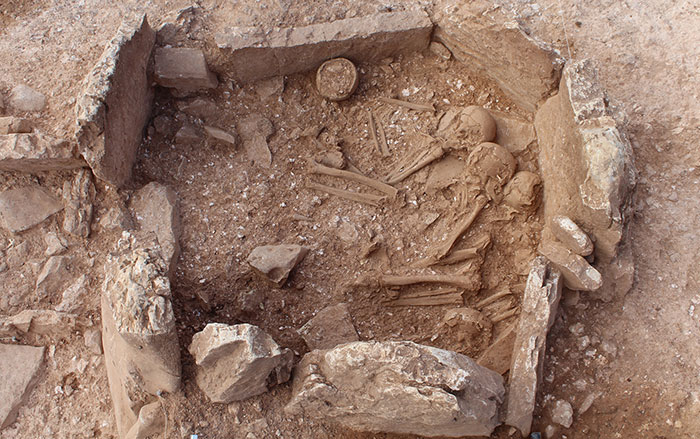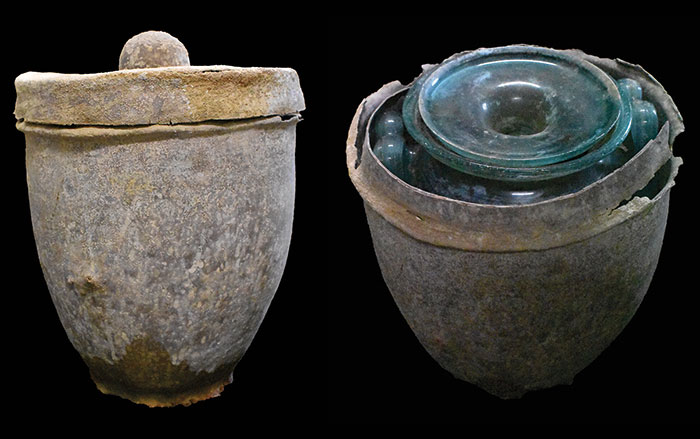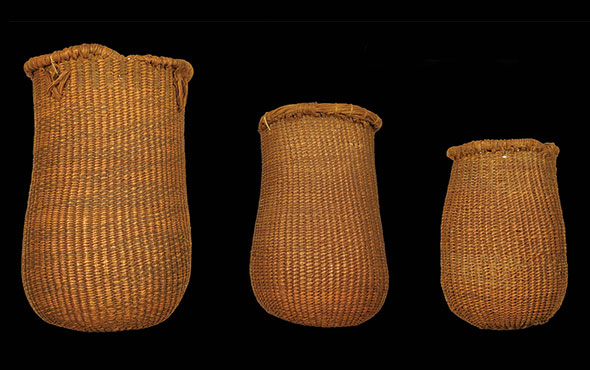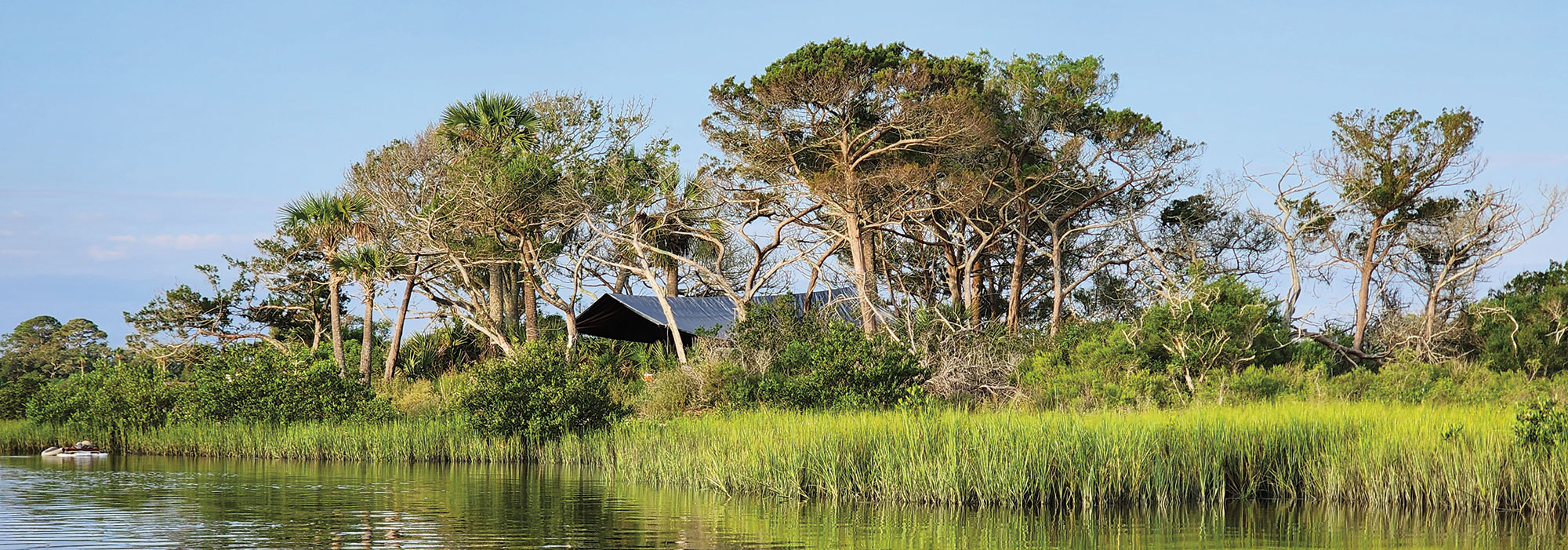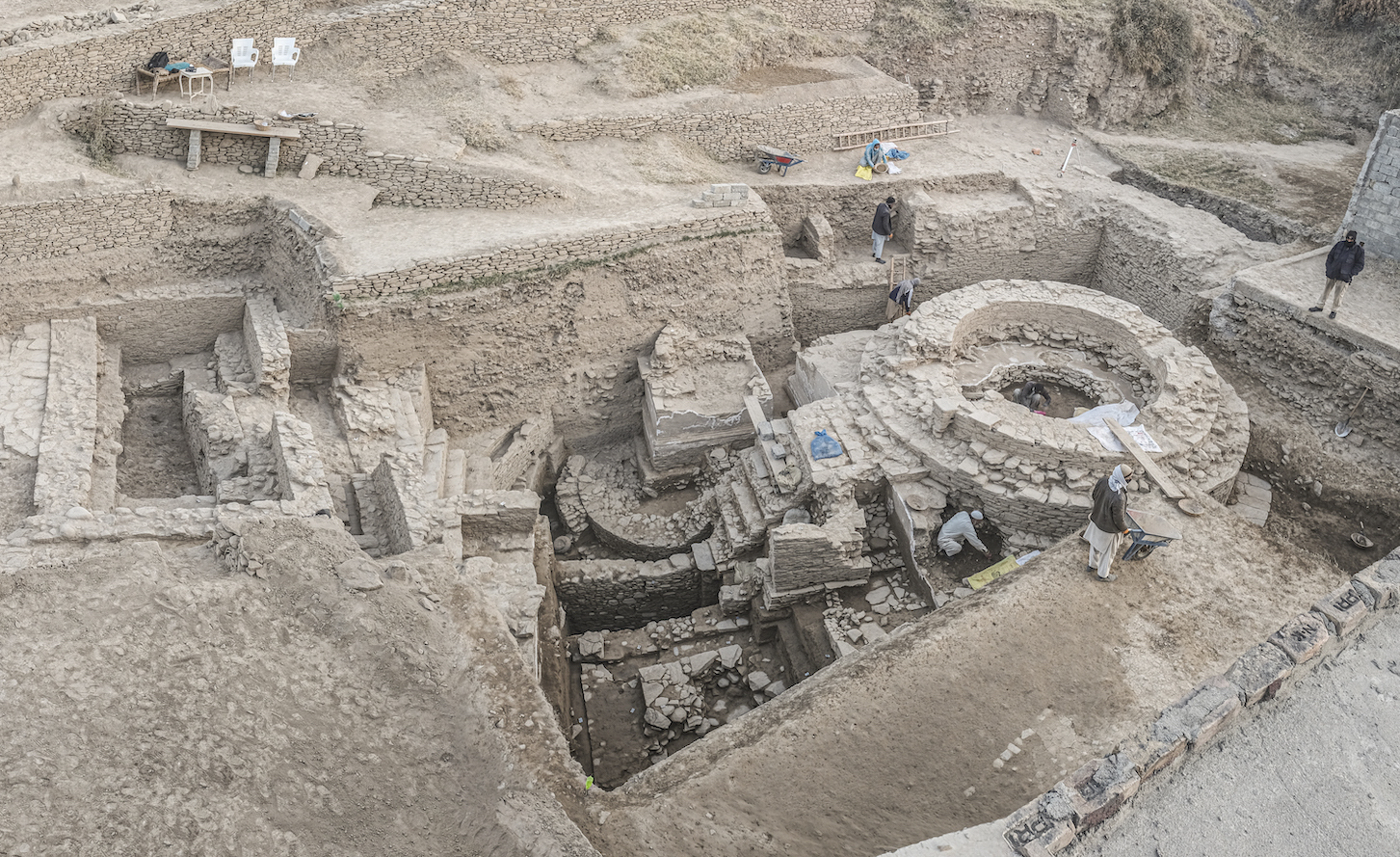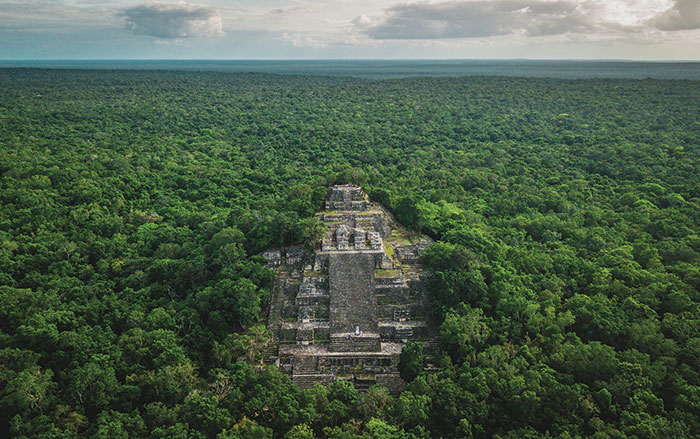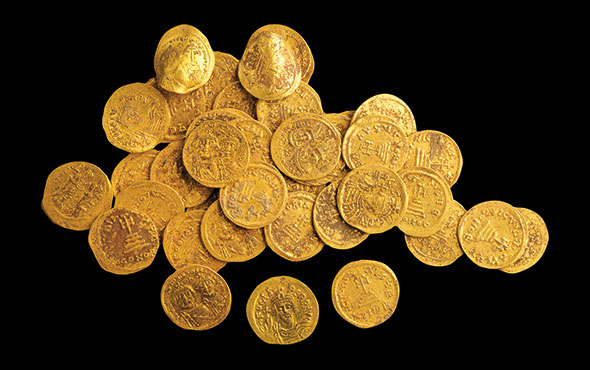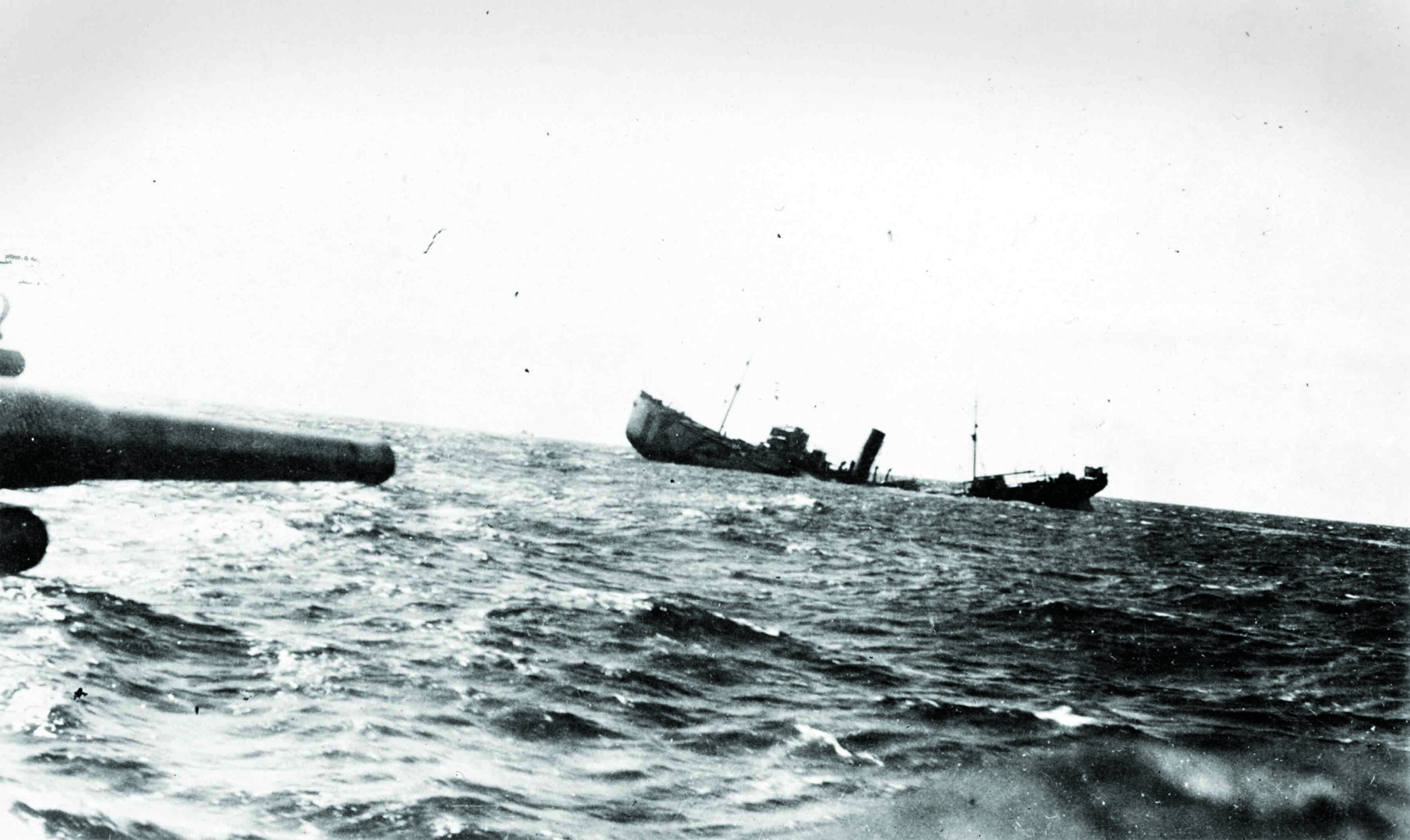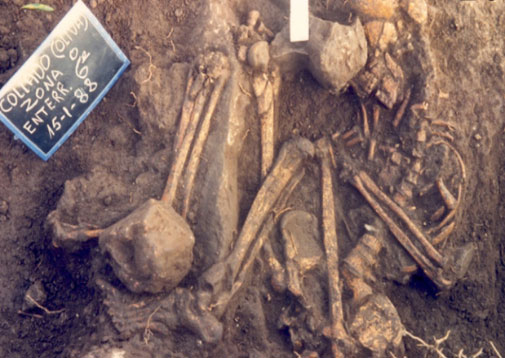
YORK, ENGLAND—According to a statement released by the University of York, an analysis of the chemical composition of collagen samples taken from 11 people whose remains were unearthed at El Collado, a Mesolithic cemetery in Valencia, Spain, indicates that these hunter-gatherers may have eaten more fish from the Mediterranean Sea than previously thought. Fishing was thought to be more important to hunter-gatherer communities living near the Atlantic and Baltic seas, Maria Fontanals-Coll of the University of York explained, because the Mediterranean Sea does not produce as much food. Fontanals-Coll and her colleagues found, however, that the coastal hunter-gatherers buried at El Collado between 9,500 and 8,500 years ago ate plenty of marine foods, including brackish fish and shellfish. “These findings have implications for understanding how farming, which swept through the Mediterranean in the following Neolithic period, took hold,” she concluded. Read the original scholarly article about this research in Proceedings of the Royal Society B: Biological Sciences. To read about the 18,700-year-old remains of a hunter-gatherer woman recovered from a cave in northern Spain, go to "The Red Lady of El Mirón."


